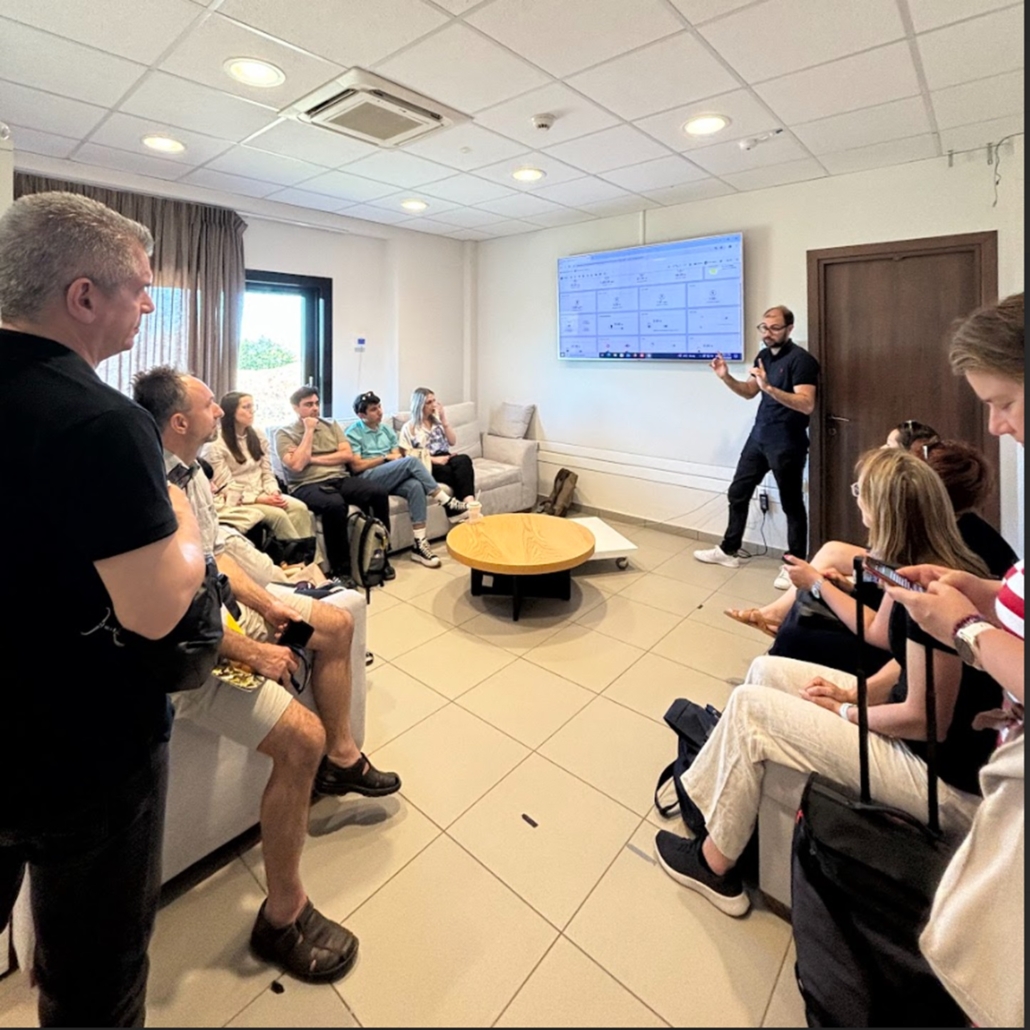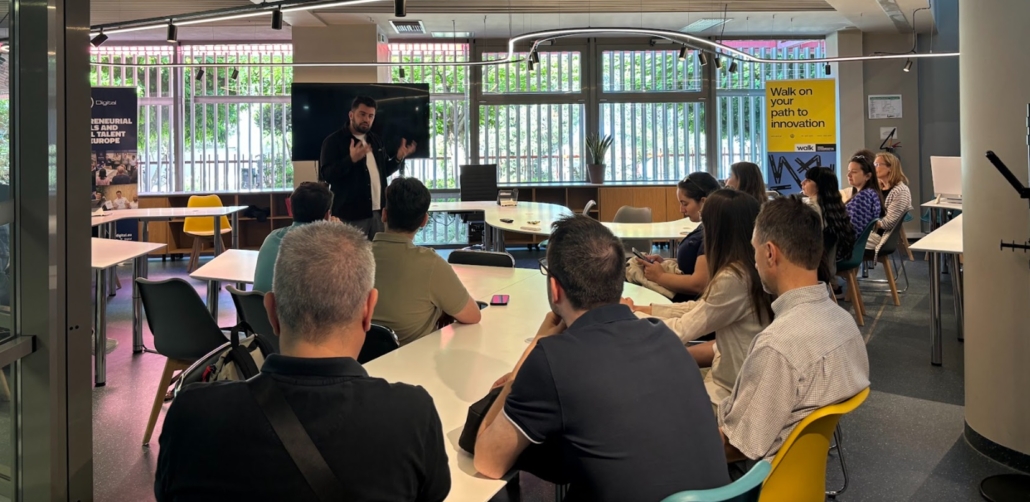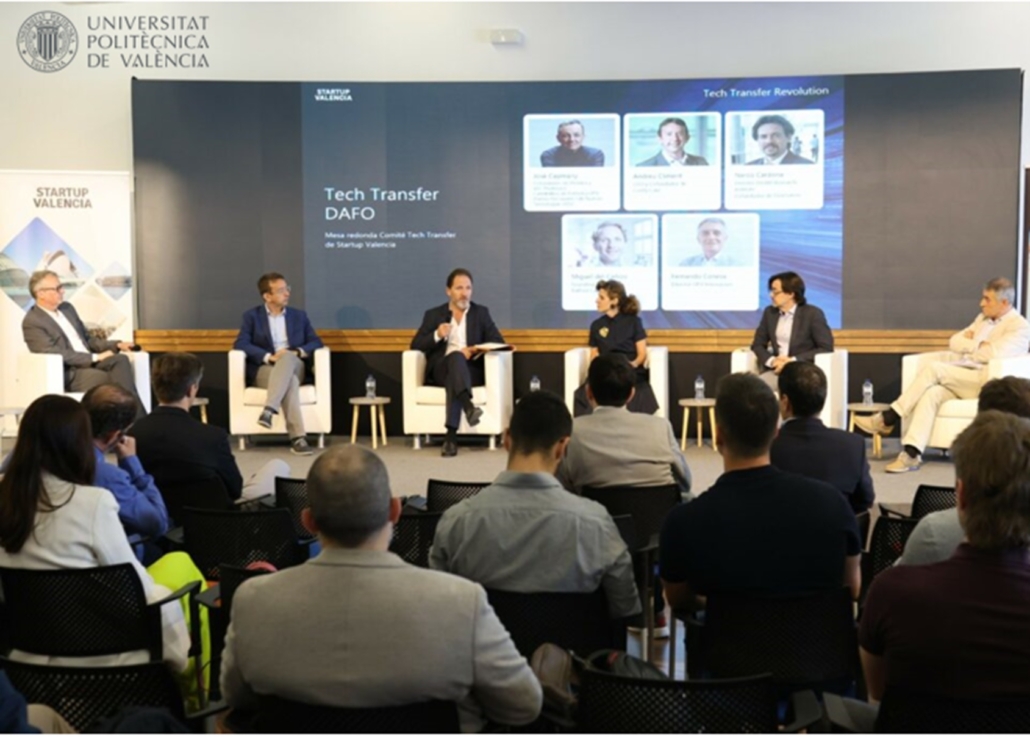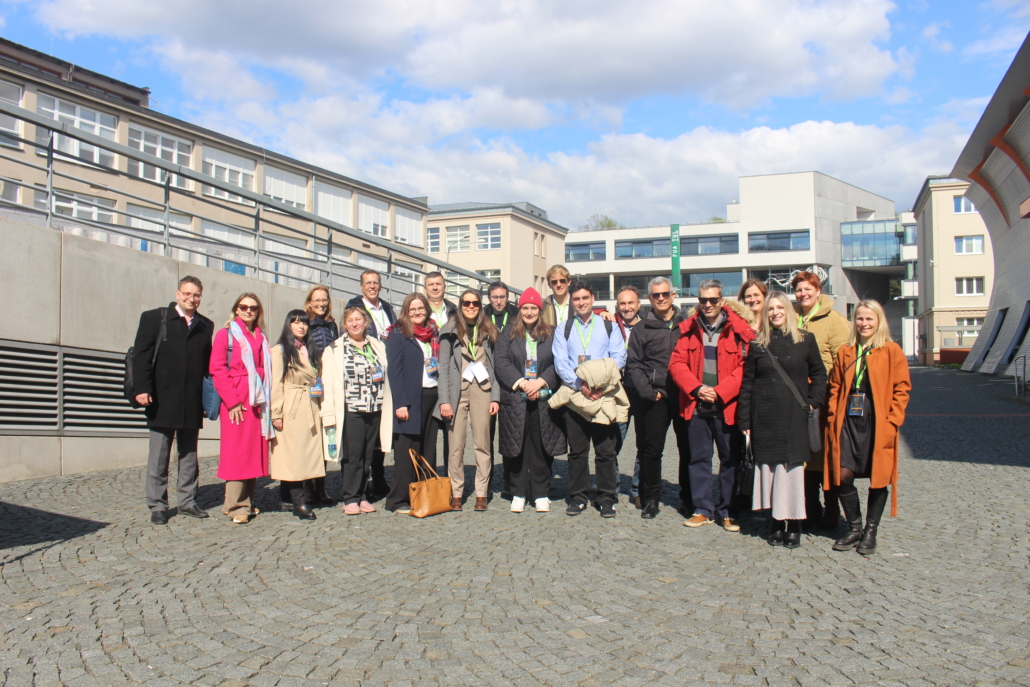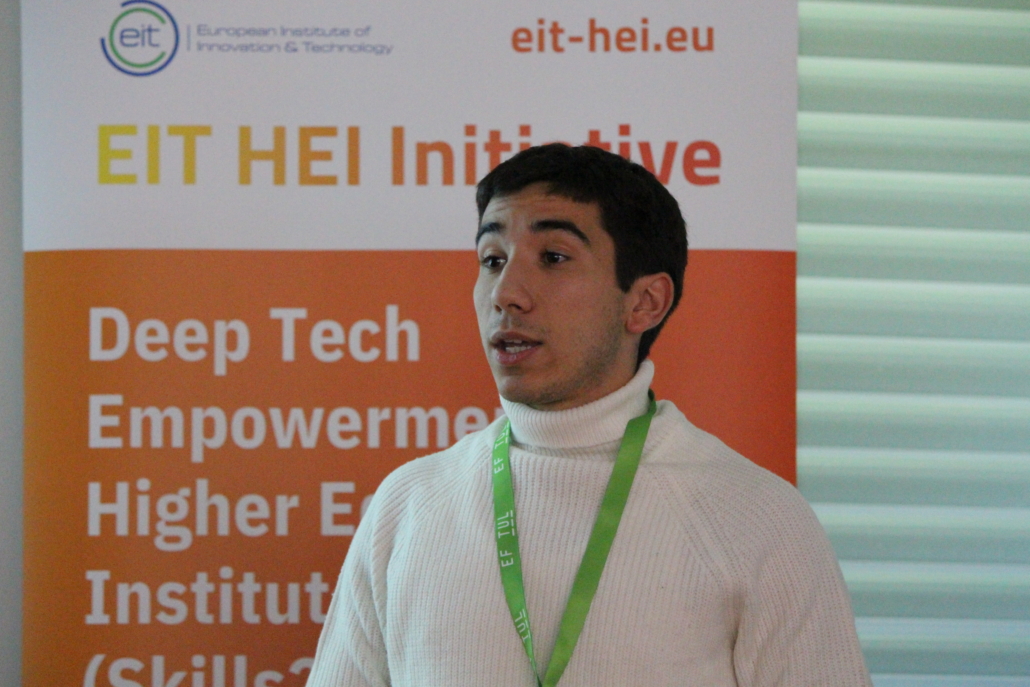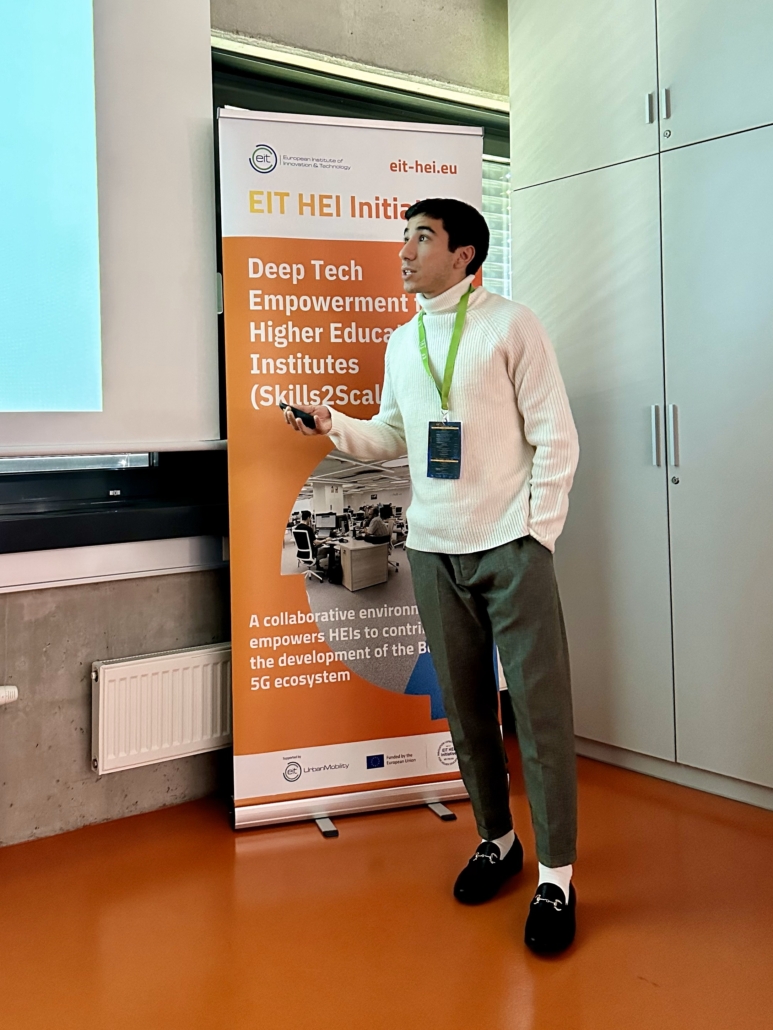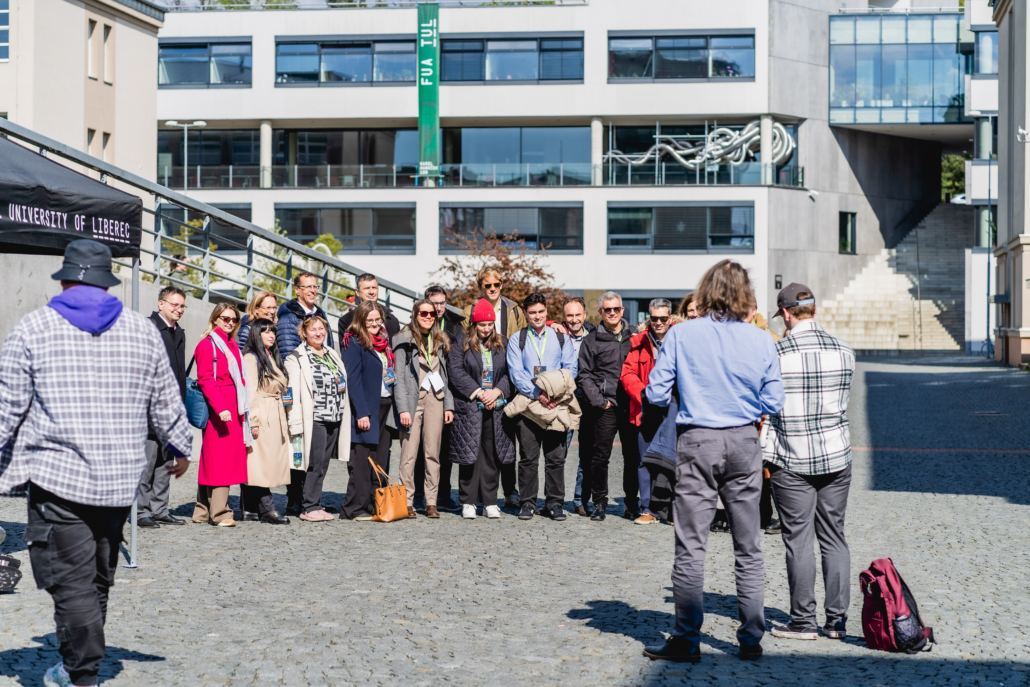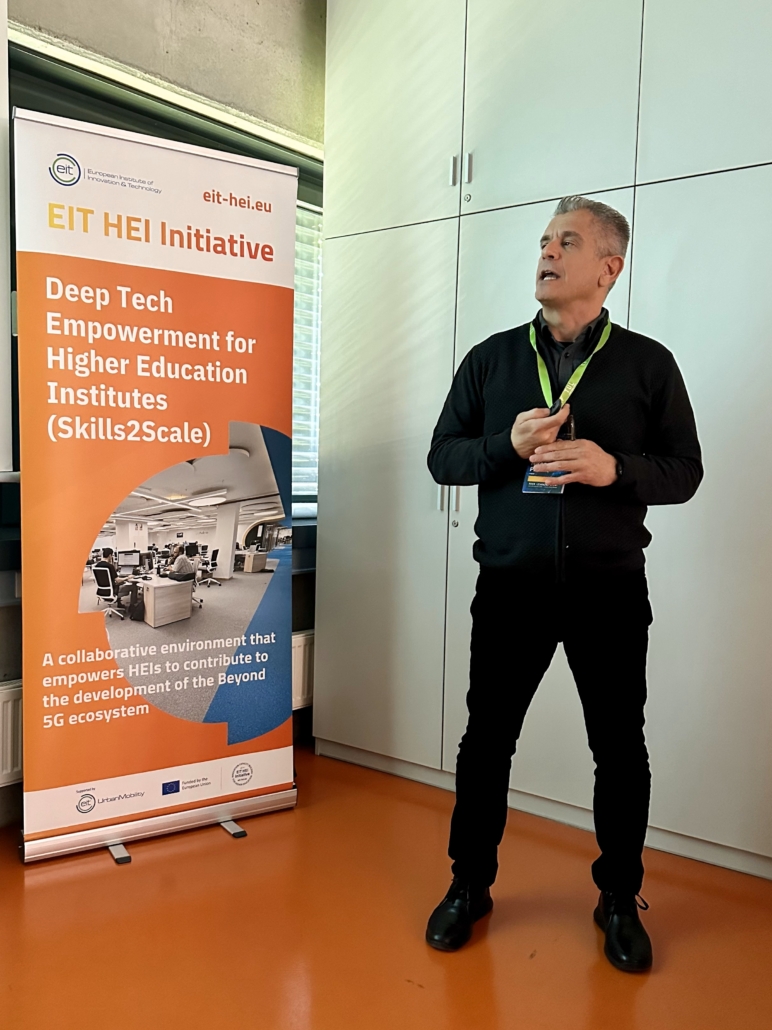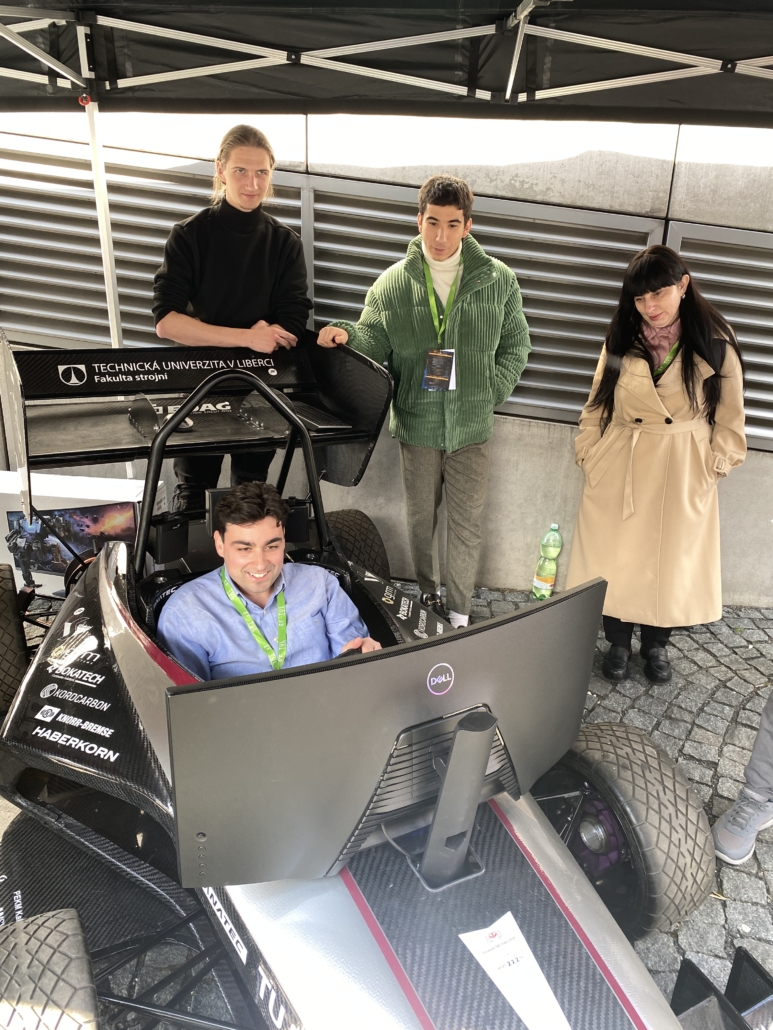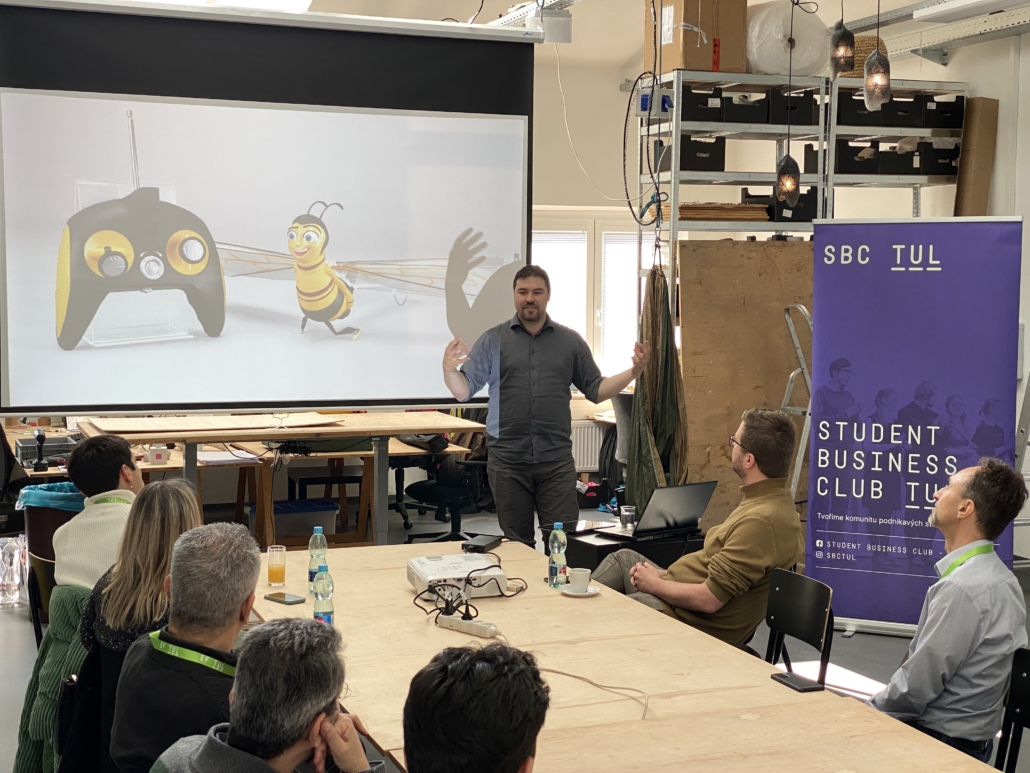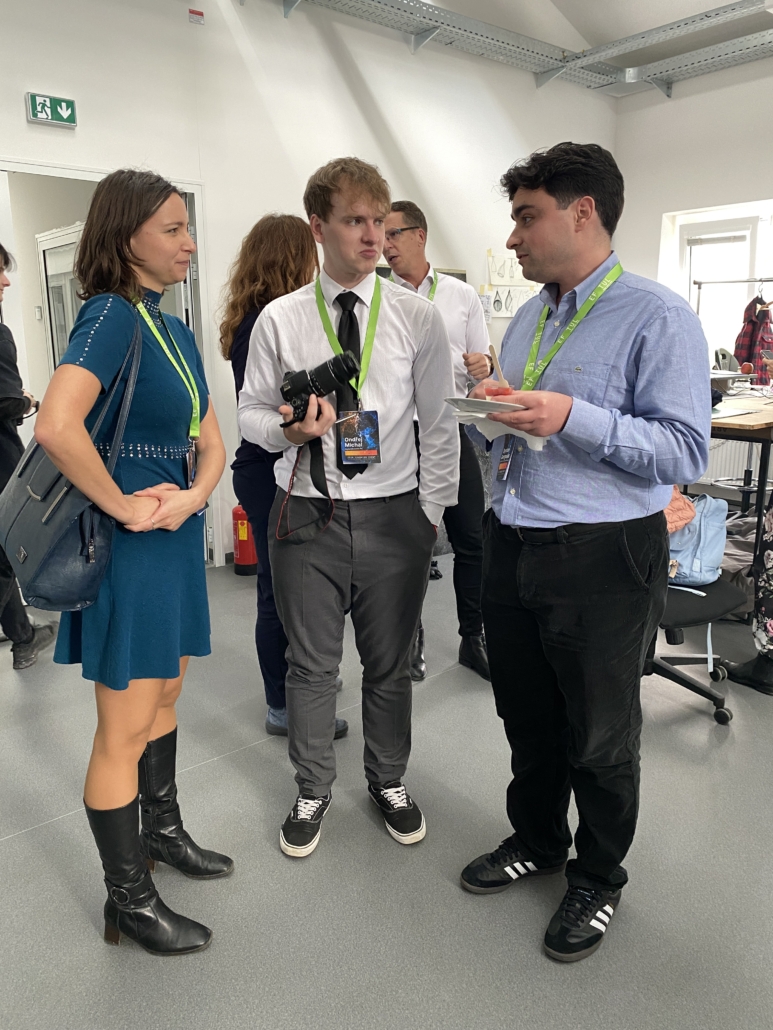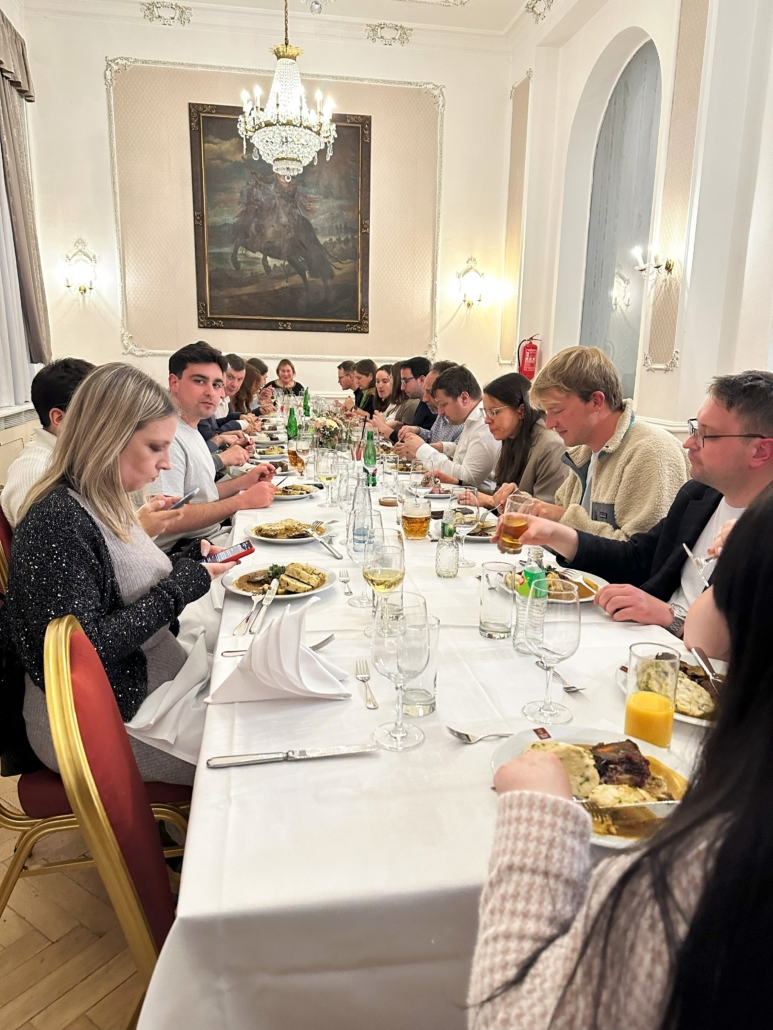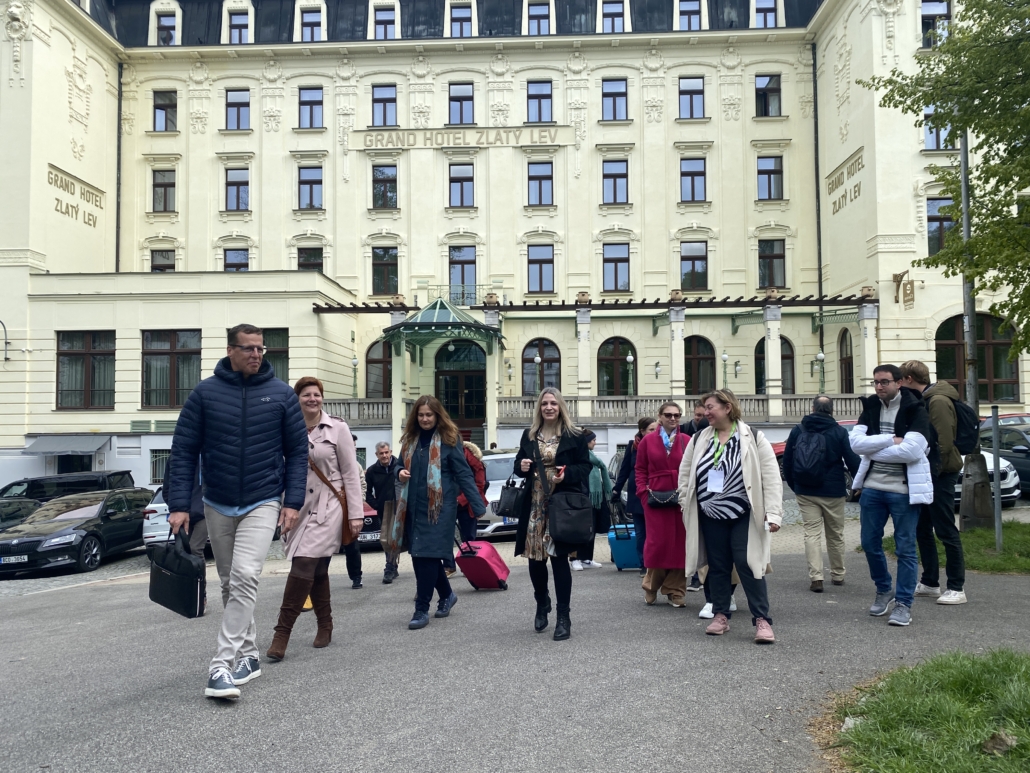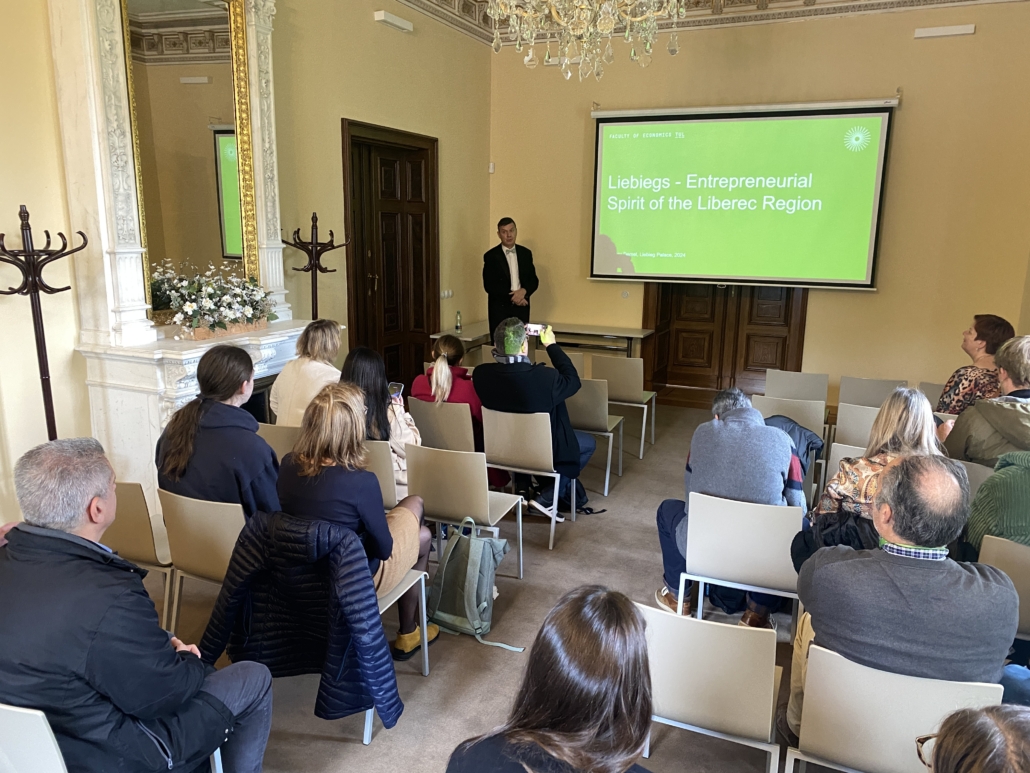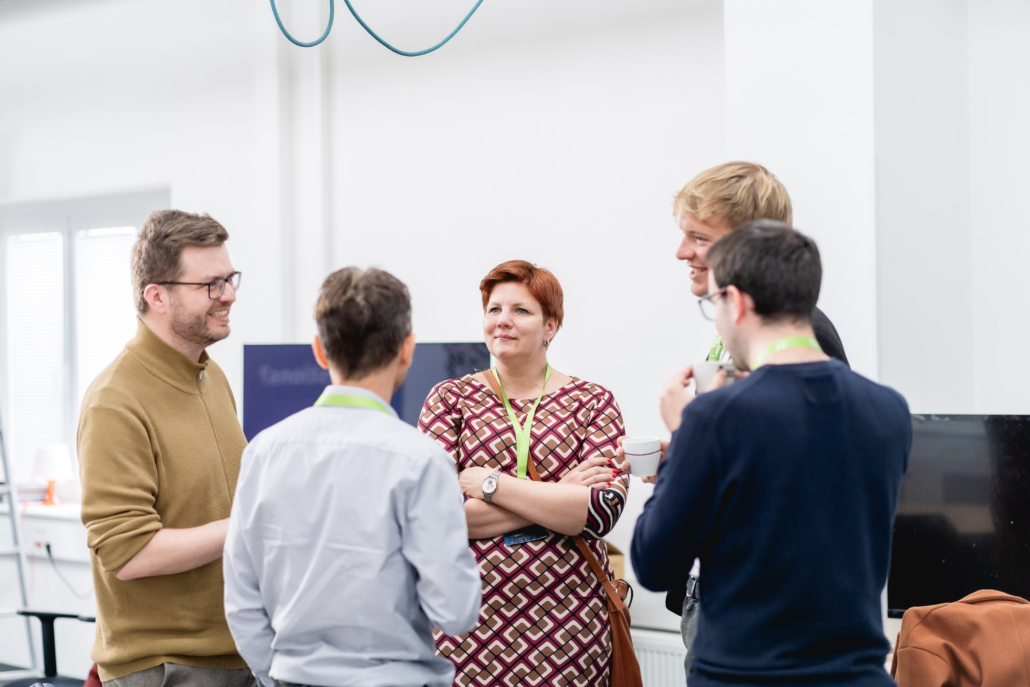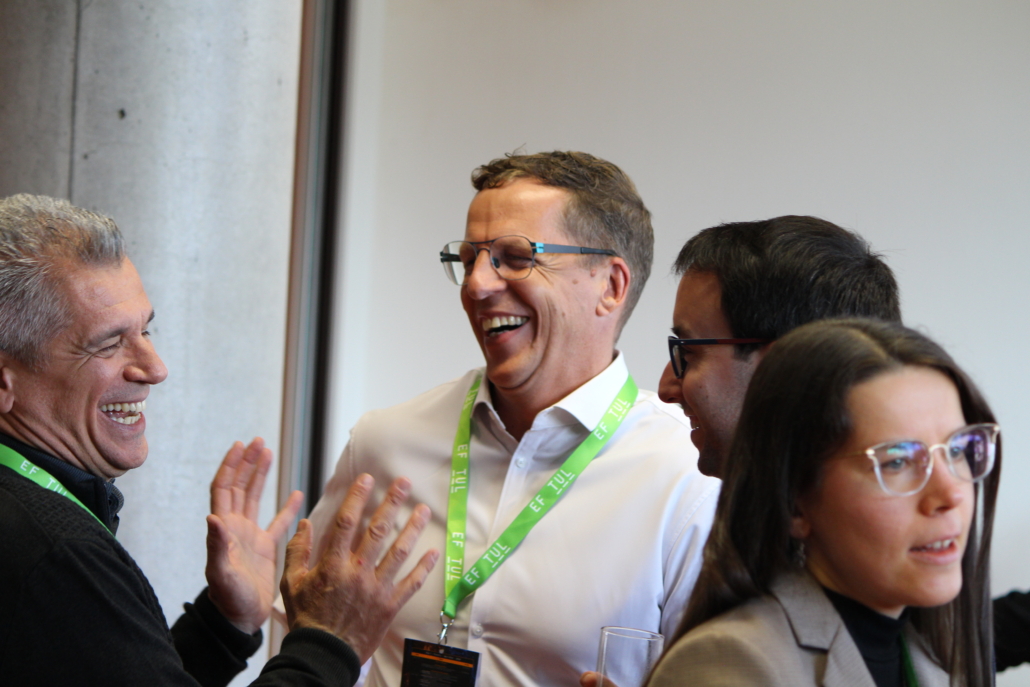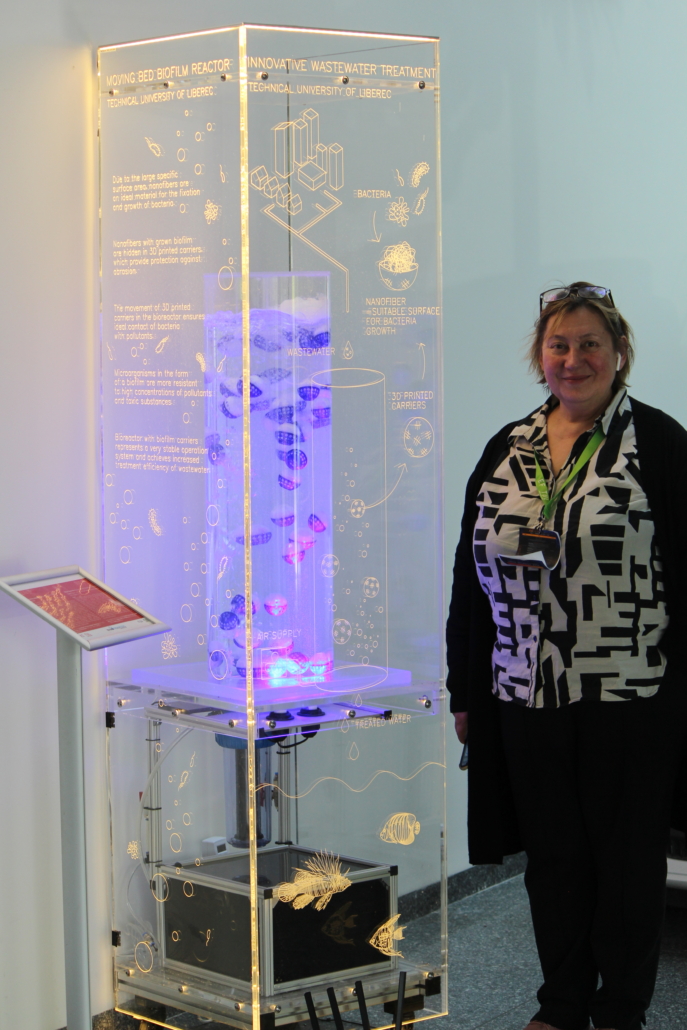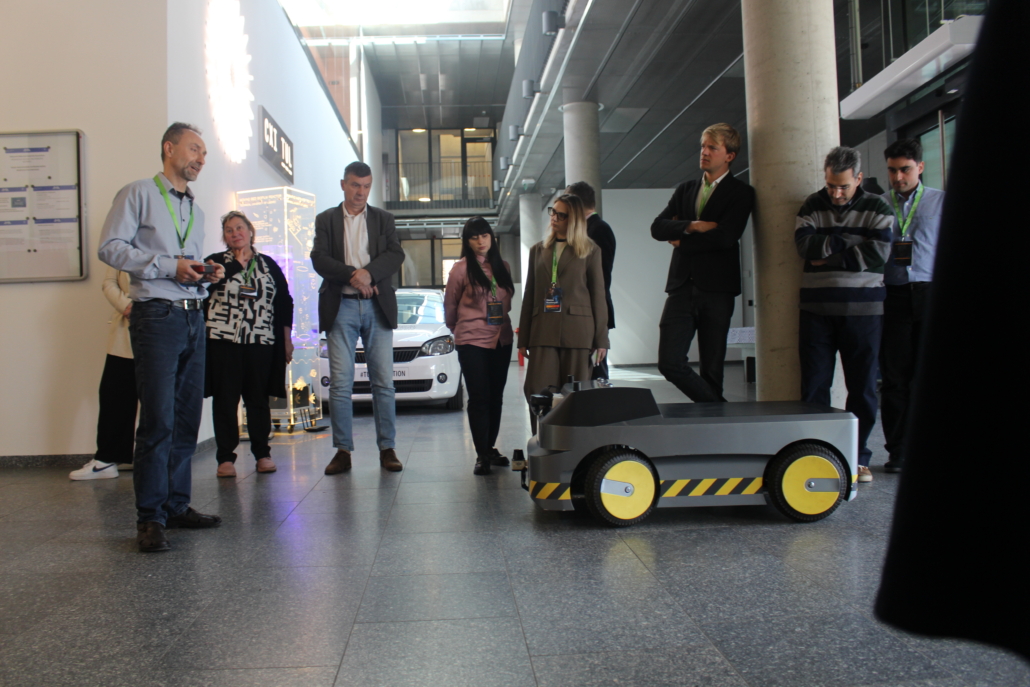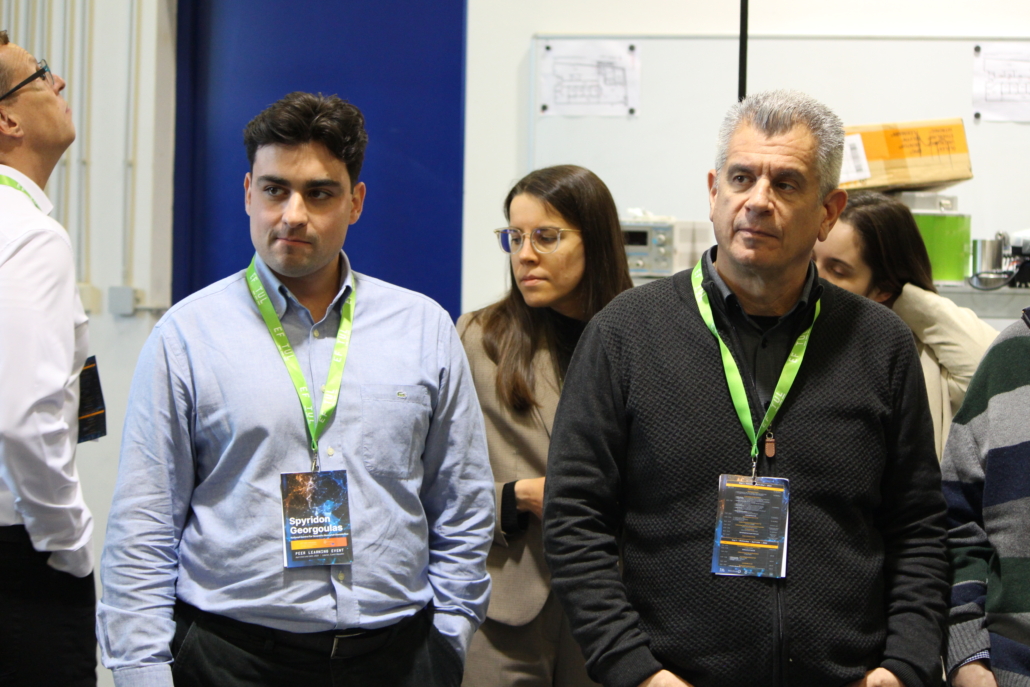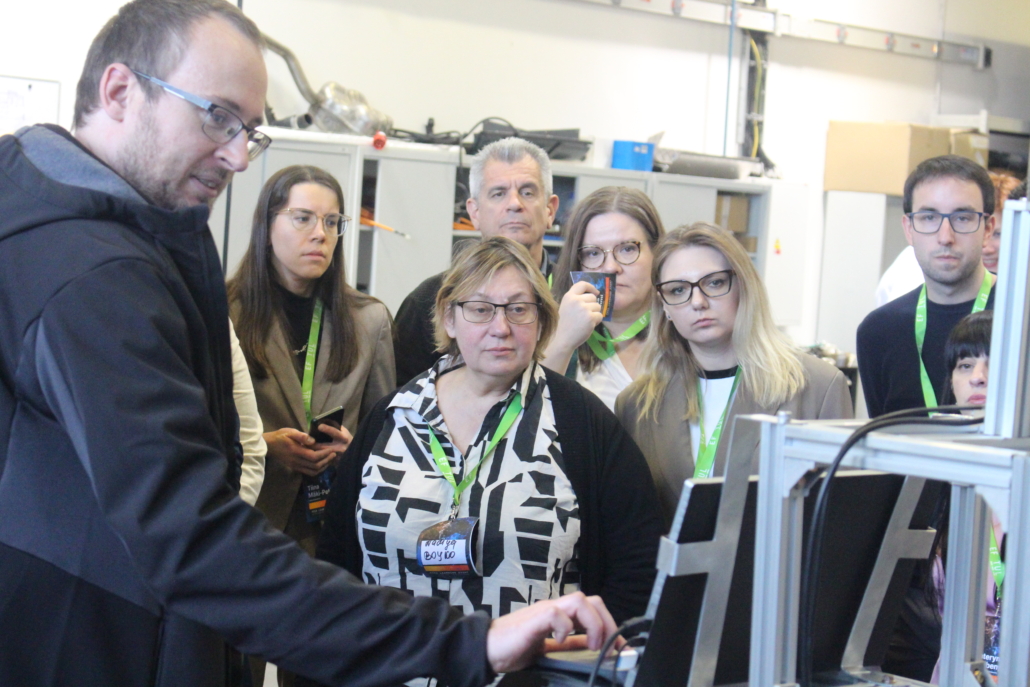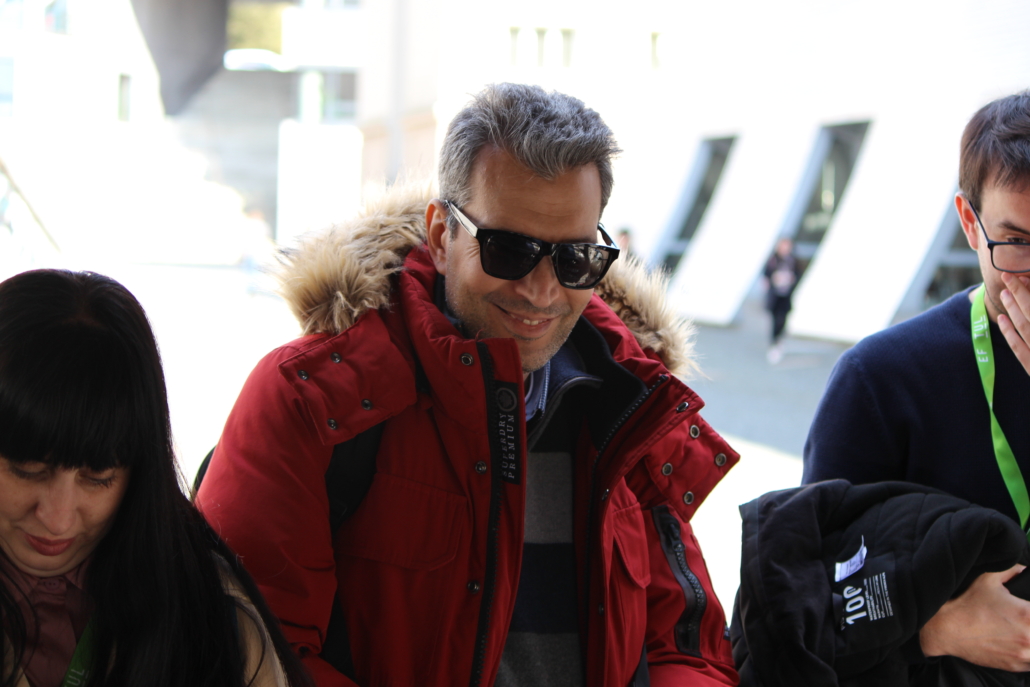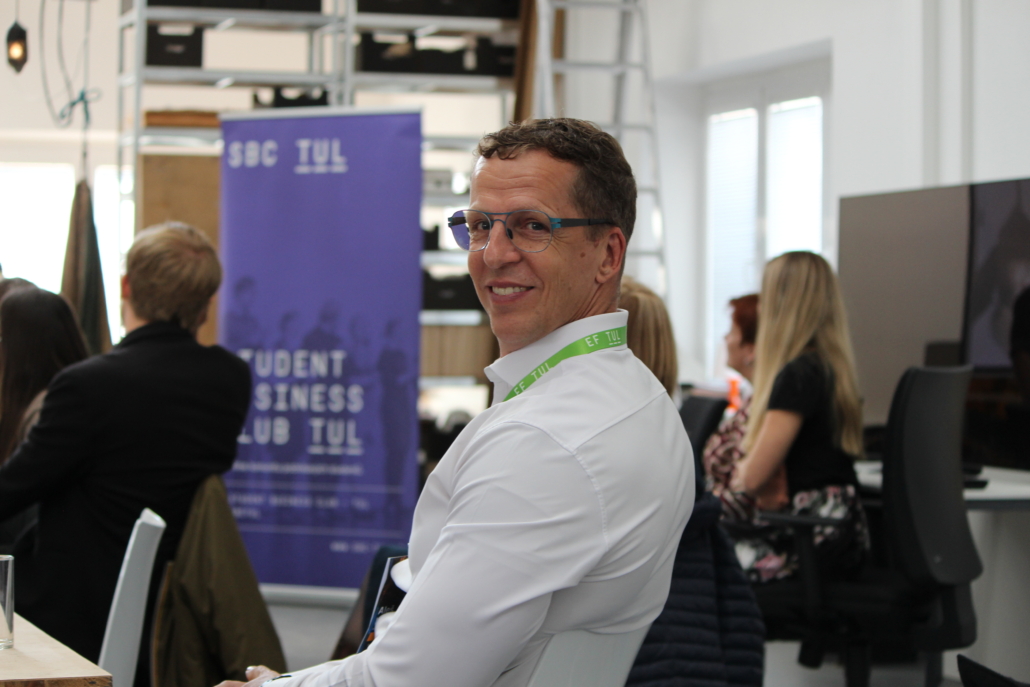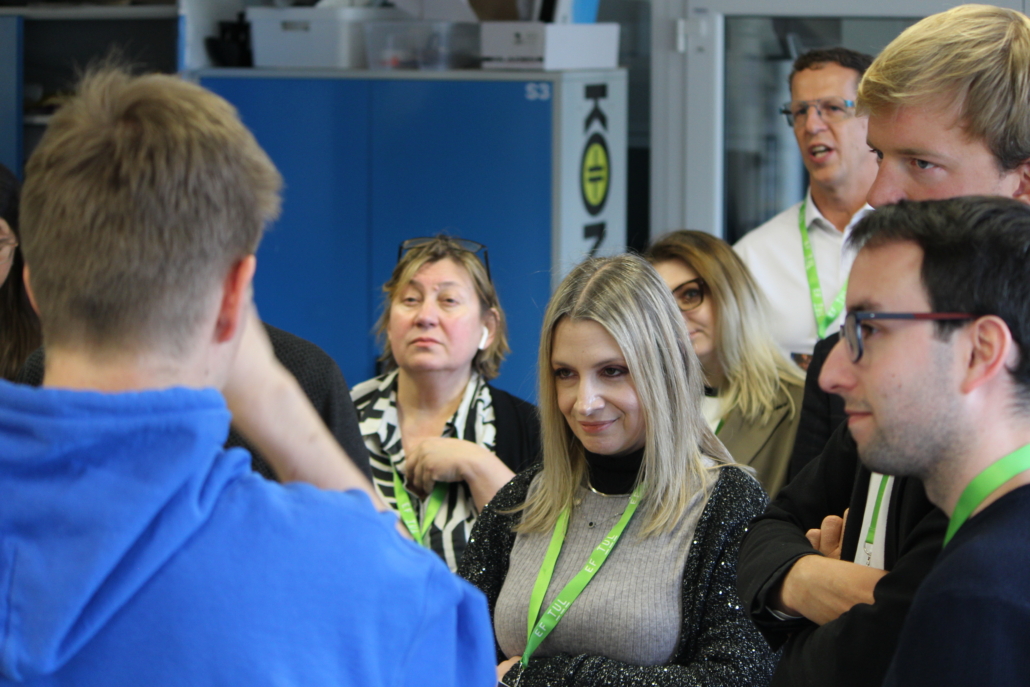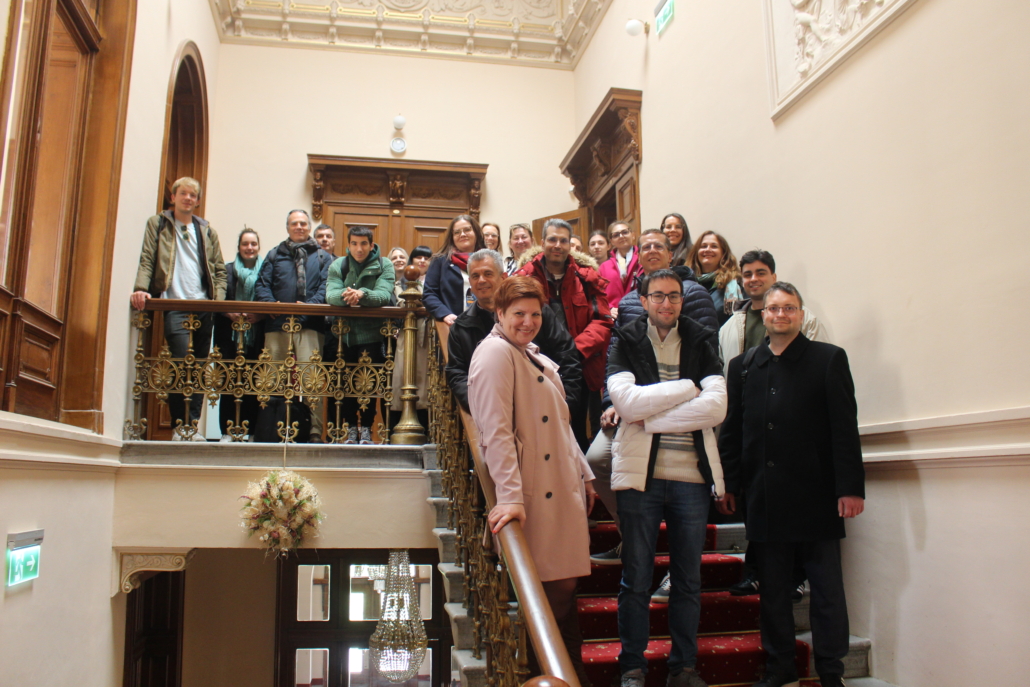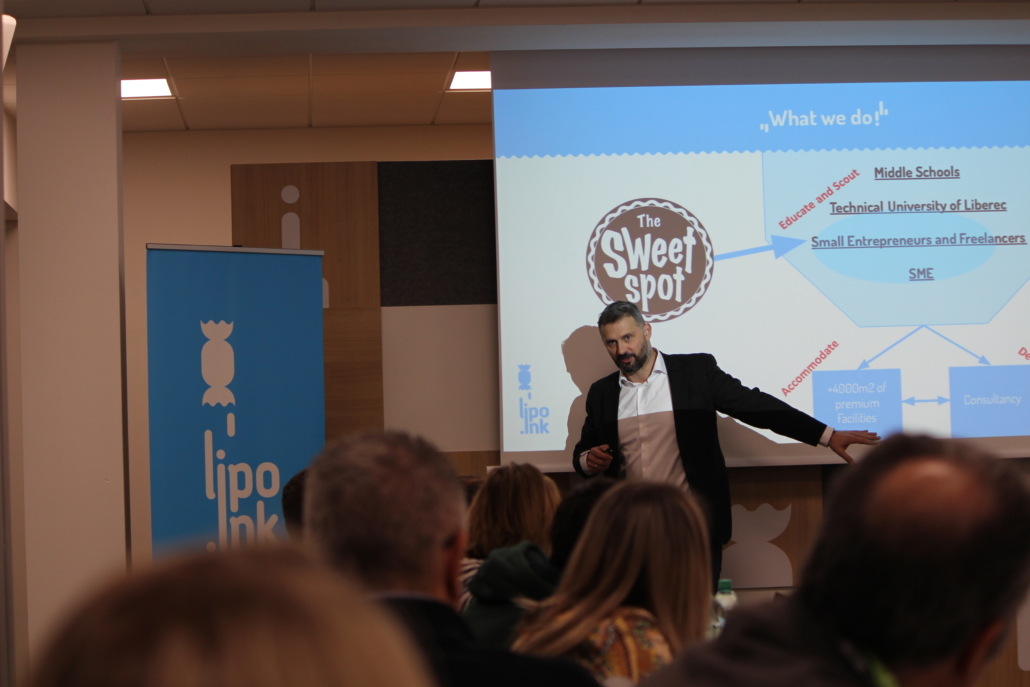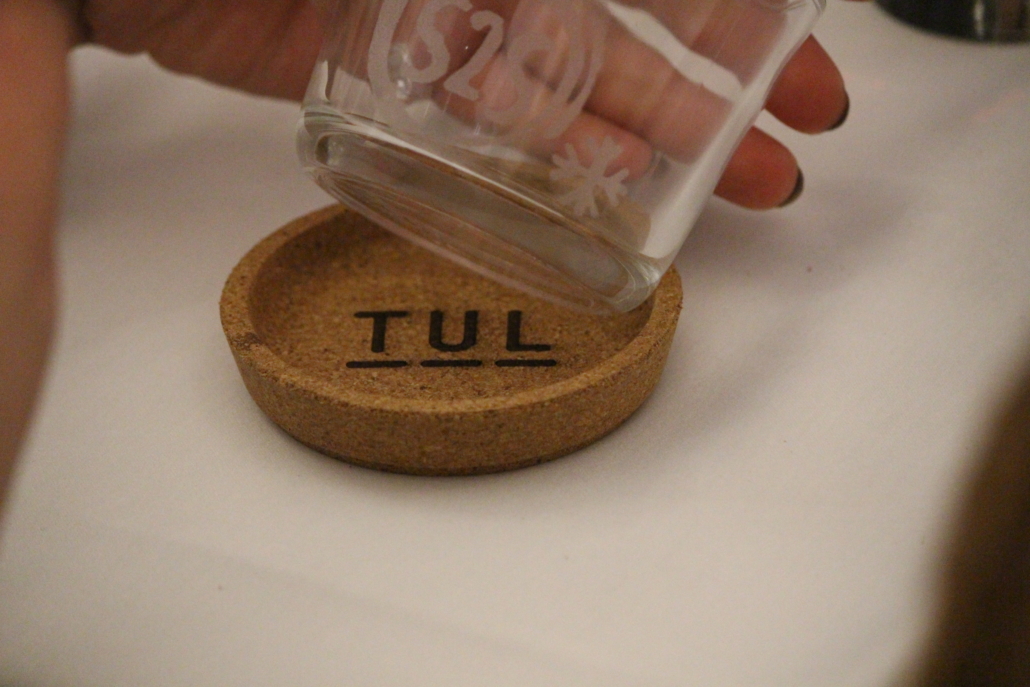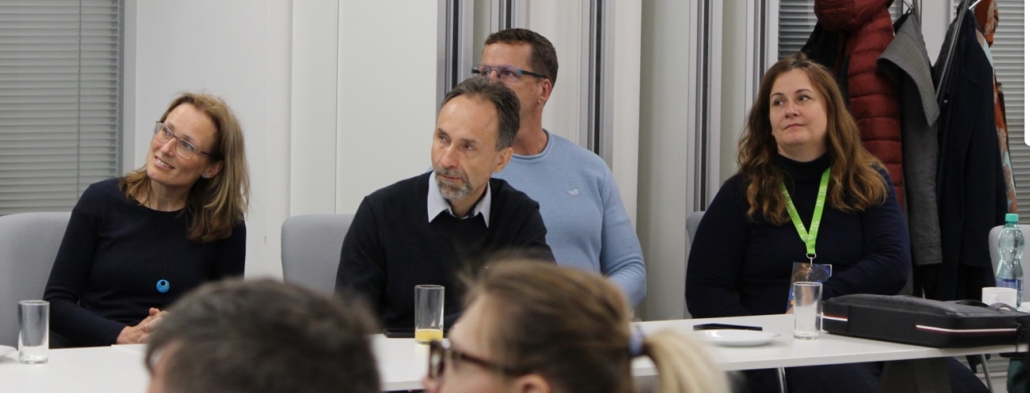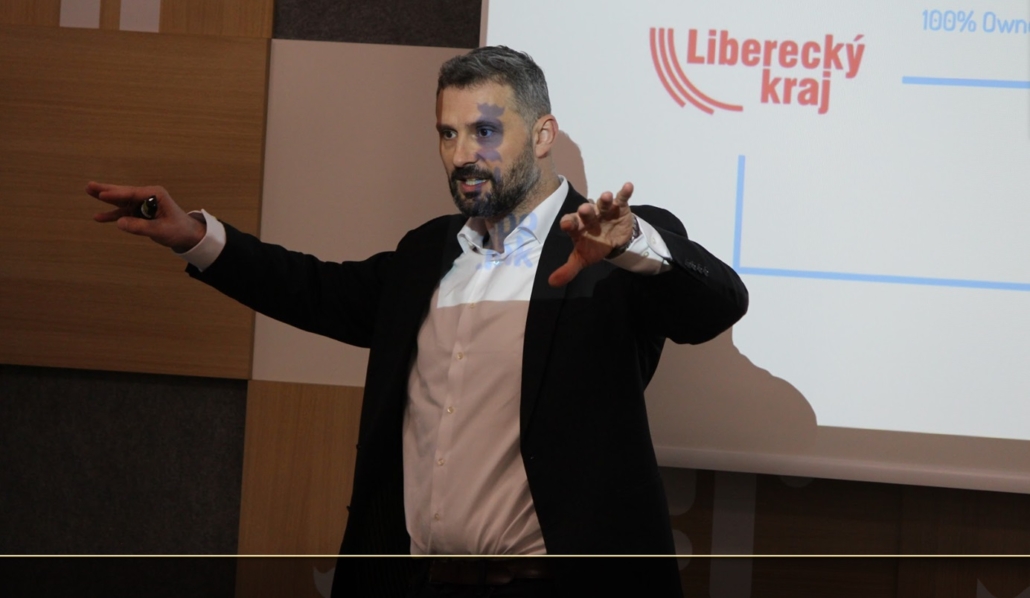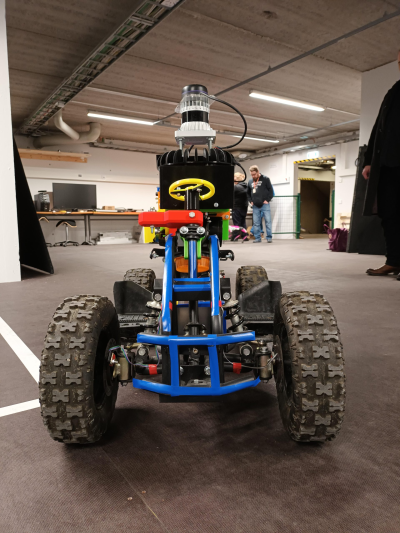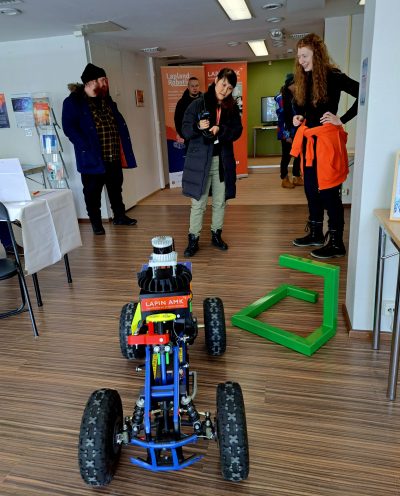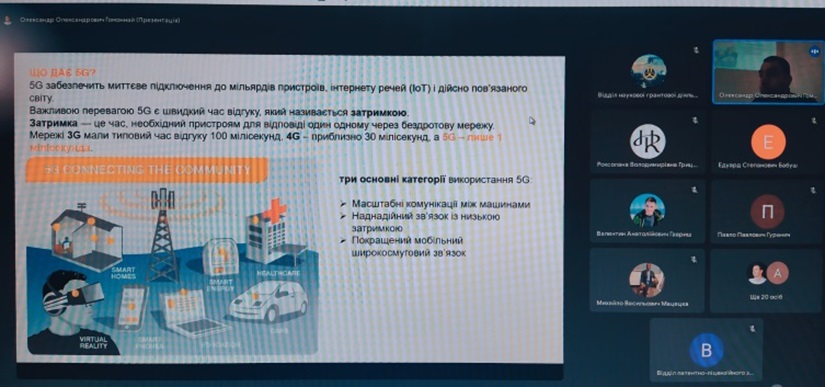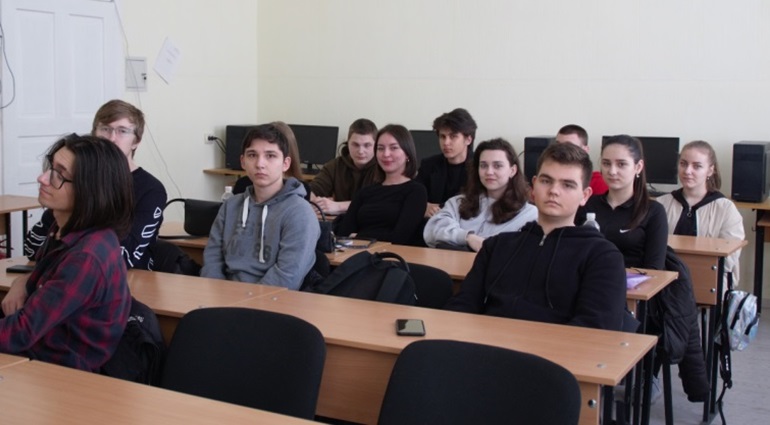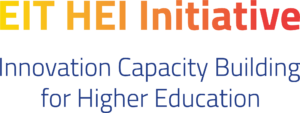Policy Forum – Lessons Learned from Skills2Scale project
by Jana Simanova & Ales Kocourek & Pavel Pelech, Technical University of Liberec
On 17th May, the digital Policy Forum of the Skills2Scale project was held to discuss the project’s achievements and share the valuable lessons learned. Project partners representatives presented and discussed the project’s outcomes and best practices/good experiences among HEIs and KICs.
After doing the self-evaluation at the start of the project, we asked the same questions again to show how the institutions had “moved on ” after one year. The greatest progress was noted in the areas of ‘understanding and expertise’, ‘collaboration with industry partners’, ‘access to necessary R&D equipment’, ‘courses, training/innovation and e-business support programmes’ – all related to Beyond 5G technology.
Le’ts have a look what great things have been done so far:
- Mapping the initial state of 5G technology deployment among project partners,
- Shaping communication strategies and building multidisciplinary university support structures,
- Creating a database of existing and potential local and regional stakeholders,
- Four peer learning events – Valencia (ESP), Rovaniemi (FI), Liberec (CZ), Thessaloniki (GRE),
- Fourteen local events with stakeholders,
- Capacity building training & mentorship webinars and brokerage events,
- Two startup acceleration programmes,
- Educational and startup support activities at universities (5G Interdisciplinary Innovation Lab at TUL, UzhNU Startup Innovation Ideas Competition, innovation of study courses within university curricula, Bizarre Business Ideas at LU, Intersecting Horizons at UzhNU and many others),
- Massive Online Open Course (5G and Beyond Technology & Business Innovation Potential).
- Almost 30 articles sharing best practices from project partners´ innovation ecosystems have been published in the online library.
- About twenty press releases and more than sixty social media posts with over 1200 reactions have been issued by project partners.
The digital conference on 19th June: 𝘽𝙚𝙮𝙤𝙣𝙙 𝙎𝙥𝙚𝙚𝙙: 𝙐𝙩𝙞𝙡𝙞𝙯𝙞𝙣𝙜 𝙩𝙝𝙚 𝙁𝙪𝙡𝙡 𝙋𝙤𝙩𝙚𝙣𝙩𝙞𝙖𝙡 𝙤𝙛 𝟱𝙂, under the auspices of the Uzhhorod National University, is going to be „the icing on the S2S cake“ in the last month of the project!

The great news of the last few days is that the Czech startup OPMET Labs (powered by Skills2Scale DTAP) has achieved great success in the national competition! OPMET Labs will receive financial support 392,000 € from the Technology Agency of the Czech Republic in the next 3 years. Congratulations!












